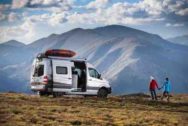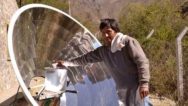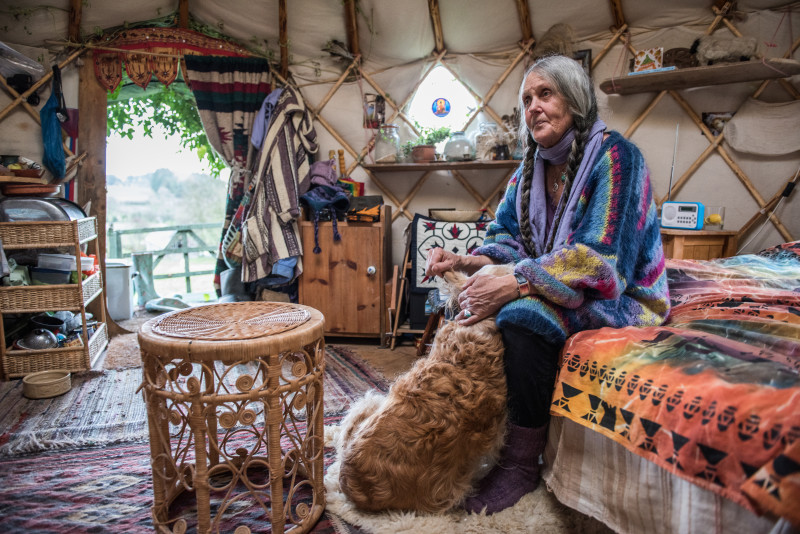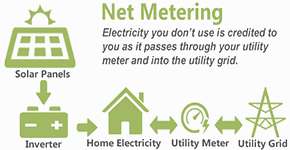
Off-road vehicle, off-grid home
Are you looking to exchange a comfortable middle class home for life sitting round a campfire? You might be in luck. Winnebago Industries has recently unveiled a new off-road motorhome that costs as much as a house.
All the trimmings
Equipped with four-wheel drive on a Mercedes Sprinter chassis, the Revel is a smaller motorised home which can get its inhabitants to more remote places. Its trimmings include a full galley – complete with a compressor refrigerator. It has an all-in-one wet bath and gear closet with a cassette-style toilet, so there’s no need for a separate water holding tank. A power-lift bed raises the roof, which means that there’s room to pack extra outdoor equipment.
In addition, the Revel has a standard 200-watt solar power system, diesel-powered heating, and a dinette with a pull-up table that converts to additional sleeping space.
The Revel also offers an on-demand four-wheel-drive system, in conjunction with a high/low range, and a ‘hill descent’ mode. The vehicle is powered by a 3-liter turbo diesel engine, putting out 325 lb-ft of torque.
A real deal off-grid home?
Winnebago’s President and CEO Michael Happe said that the target market for the Revel is people who “want to get close to a fly-fishing stream or get close to that hiking path or truly get off the grid.”
Starting at $134,799, The Revel will be the most expensive vehicle in Winnebago’s Class B line, which is built on a van-sized chassis instead of the company’s bus-sized campers.
Don’t fancy living in a car? Have a read about how you can make a home out of a boat here















